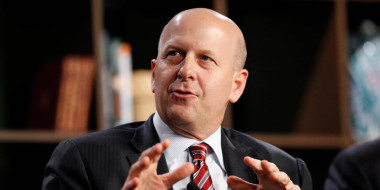Return-to-office orders look like a way for elite, work-obsessed CEOs to grab power back from employees ( www.businessinsider.com )


You are only browsing one thread in the discussion! All comments are available on the post page.